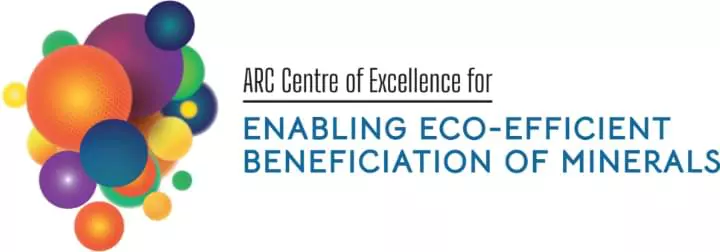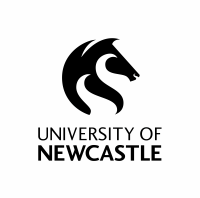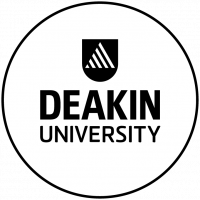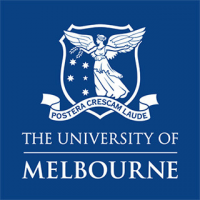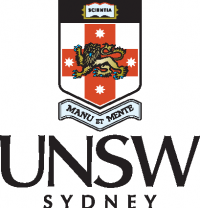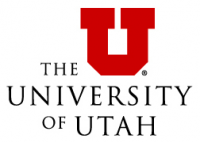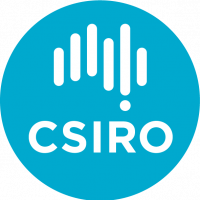
Minerals for our Future
ARC Centre of Excellence for Enabling Eco-Efficient Beneficiation of Minerals
COEMinerals is making mineral recovery more efficient, more effective and less wasteful
COEMinerals is discovering and inventing science-based, more-efficient ways to recover minerals
The green economy, digital revolution, improved health and living standards all depend on metals supplied at a minimal environmental cost. However, the declining grade of the more accessible minerals, increasing complexity of mineralogy, and the growing need to extract the minerals from deeper mines, have reached a tipping point, making current practices technologically, economically, and environmentally unsustainable.
The Centre will develop transformational technologies for enabling a competitive and environmentally sustainable future for Australia’s minerals industry through:
- reduced environmental footprint
- significant reductions in energy and water use
- higher resources recovery
- future leaders to support the sector
This Centre will transform the minerals industry, establishing a new generation of research leaders to support the innovation needed in creating a green economy for future generations.
Head to our About page for more information.
Want to learn more about our recent ‘From Cancer Therapeutics to Critical Minerals Recovery’ research innovation announcement, and other news click here.
Our Research
Our research aims to:
Reduce Energy and Water Use (increase energy & water efficiency) during mineral processing
Increase Mineral Recovery / Reduce loss of metals during mineral processing
Train a new generation of research and sector leaders

Our Team
COEMinerals taps into the skills and expertise of some of Australia, and the world’s, most eminent scientists representing diverse scientific disciplines.
Centre members are developing technologies, inventing world-first scientific techniques and enabling new capabilities for minerals recovery during minerals processing (beneficiation). Members collaborate closely with academic, industry, community and sustainability experts.
